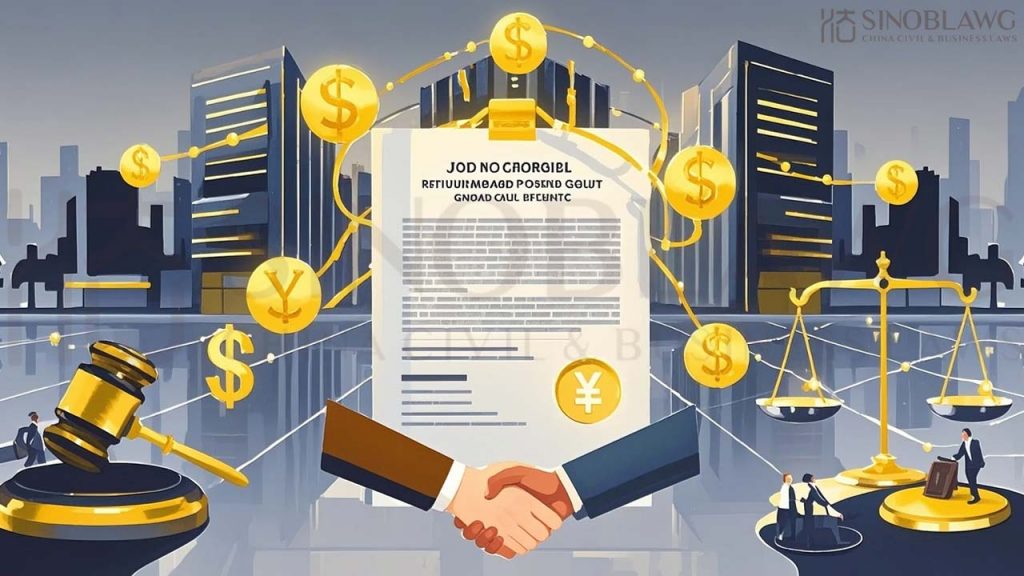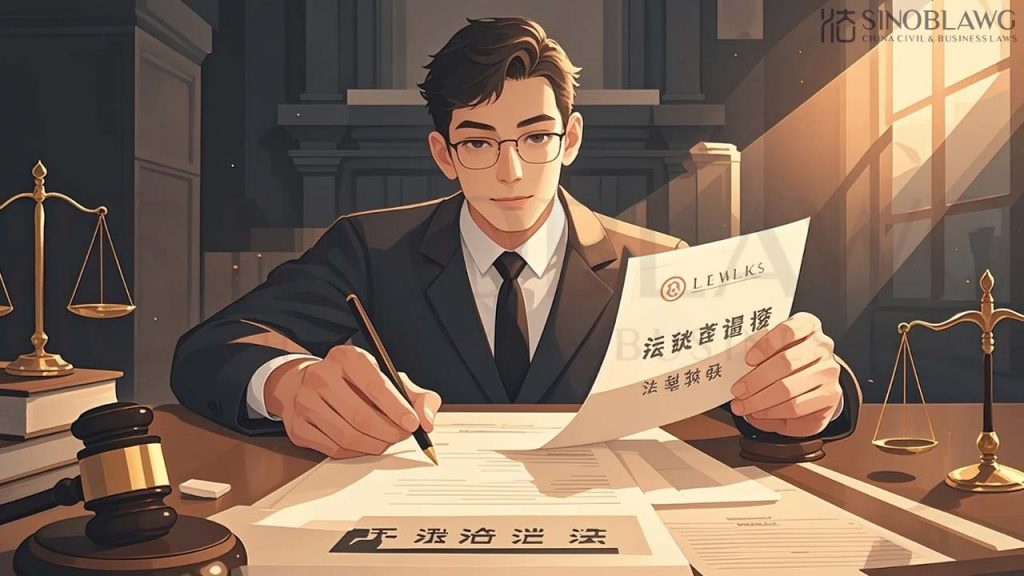A while ago, I wrote another post disclosing fraudulent international trade practice some Chinese exporters engage themselves in: Again, be aware and vigilant about who you are trading with in China.
So when you are deceived and caught in such fraud and you don’t want to just walk away bruised, you may have to think of a way to recover your loss. Here in this post, you will learn an option for achieving that goal of recovering your loss, namely, get the affiliated company of that fraudulent exporting entity to be jointly liable for your loss. The rationale is simple: get the company whose pocket is rich to compensate your loss.
In legal jargon, this is a called “piercing corporate veil” or “denial of corporate legal personality”, which topic I have discussed a bit in the past, and you can read the post: Single member company and the lifting of corporate veil in China corporate law practice. While piercing corporate veil is often used to get a company’s shareholders to be responsible for the said company’s creditors, China Supreme Court has expanded the application of this corporate doctrine to allow a company’s creditor to pursue joint and several liability against sibling company who is thought to commingle its corporate personality with that of the first-mentioned company.
But to achieve that goal of having the affiliated company assume joint and several liabilities is not an easy legal job. According to the guiding precedent case published by China Supreme Court, three aspects shall be carefully analyzed and considered before a positive decision is made:
- The two companies are managed by the same group of people, for example, they have the same legal representative or general manager.
- We need to prove that the two companies commingle their business together. For example, from the business scope, they have similar businesses, and they use the two companies in signing business contracts interchangeably and/or contracts are performed by both companies at the same time.
- The last thing we need to prove is that they commingle their assets or funds together. The companies don’t maintain proper accounting books for themselves and money is wired or used confusingly.
If the China exporting company you issue PO to is found to cheat on you and you can prove its affiliated parent company or sibling company to meet the three criteria set forth above, you may consider suing both companies to increase your chances to grab something real to compensate your loss in the end.
But it is never easy to apply the “piercing corporate veil” doctrine in China and courts are reluctant to lift the corporate veil, partly because that China Supreme Court has not issued any details rules in applying this doctrine in judiciary practices. So the battle is difficult but again it is not impossible.







Comments